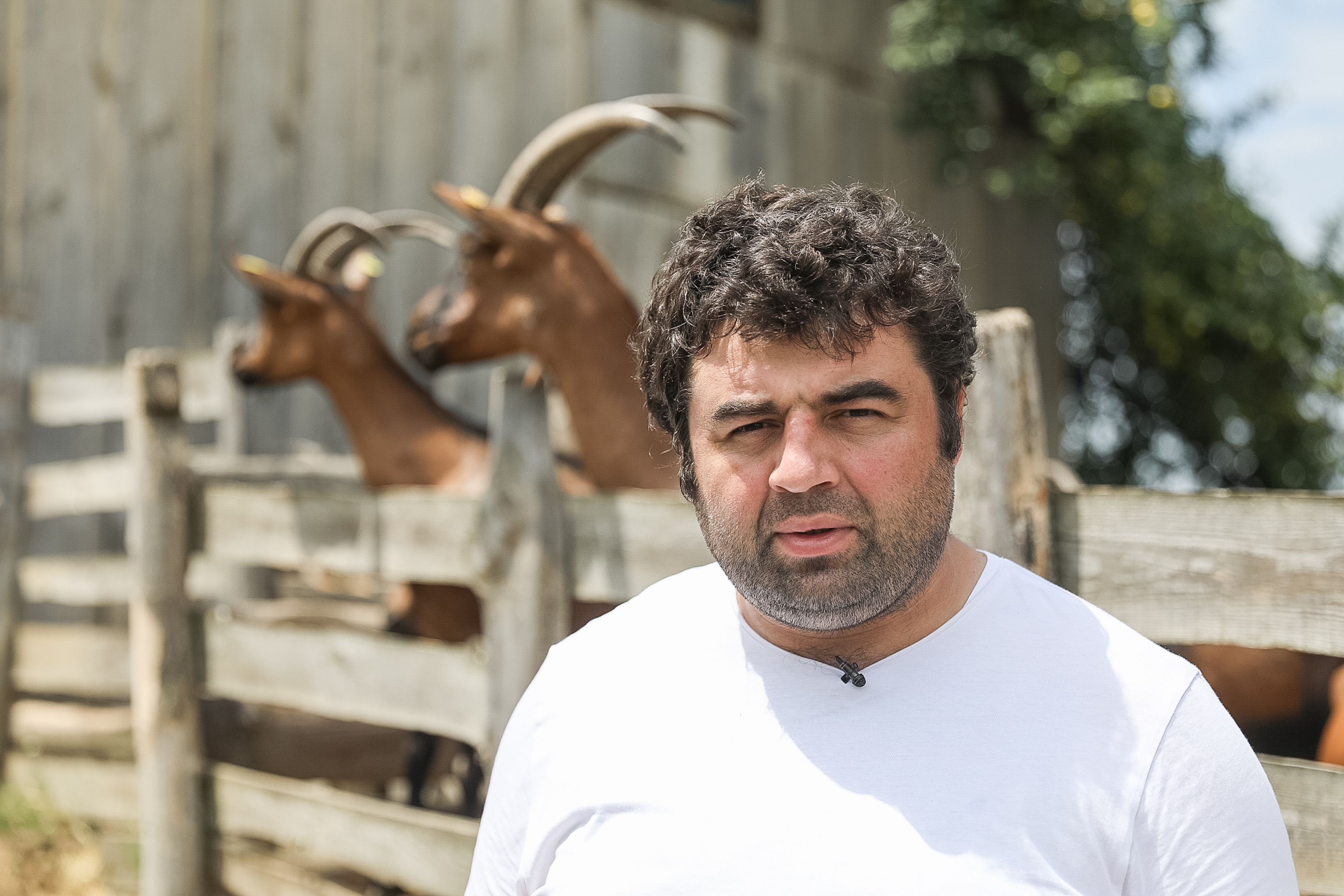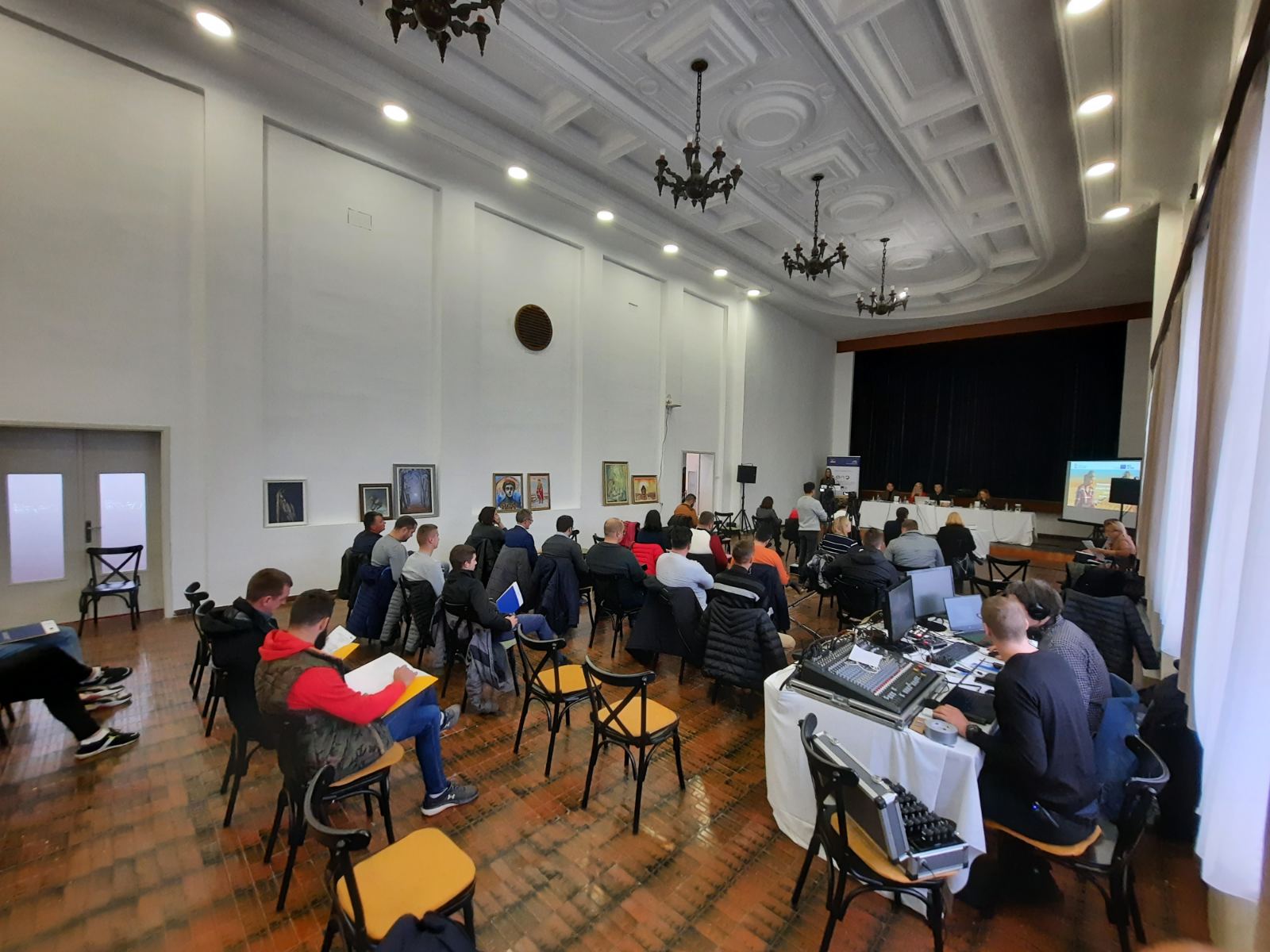Young farmers – the future of agriculture
Young farmers are the future of agriculture in the European Union, but also in Serbia. Their task is to produce high-quality and safe agricultural products, to take care of nature conservation, to help fight climate changes and to contribute to the preservation of agricultural diversity. Young farmers in Serbia, as well as in the EU, face the same challenges - difficult access to land and capital, lack of basic infrastructure and services in certain rural regions, as well as lack of practical knowledge and skills. In order to respond to the challenges and ensure sustainable development of agricultural production, it is necessary to give special attention to young farmers and continue to implement measures that directly encourage them to start agricultural activities, and measures to finance rural infrastructure projects, was concluded at the Regional Conference on Young Farmers held in Sremska Mitrovica.

"Our task is to present to young farmers the National Rural Development Program, concrete and relevant incentive measures that they can use, to briefly and essentially acquaint them with the negotiation process that the Republic of Serbia is conducting with the European Union in the accession process. How many European funds will be available for our farmers depends on the success of that process", said Senad Mahmutović, State Secretary at the Ministry of Agriculture.
Through the process of negotiations on EU accession, young people need to be introduced to the benefits of a common agricultural policy and presence in the EU single market. Special attention should be paid to the education of young people for the application of new technologies and innovations in production as well as EU standards of food safety, animal welfare and environmental protection.Information and education were the goals of the regional conference organized by the Ministry of Agriculture with the support of the EU project "Capacity building for harmonization with the acquis in the field of agriculture, rural development, food safety, veterinary and phytosanitary policy" and local self-government of Sremska Mitrovica.
Therefore, in addition to national incentive measures, EU support measures implemented in Serbia through pre-accession funds intended for rural development – IPARD were also presented. During the panel discussion, the users of IPARD funds emphasized that the application process itself, although it seems complex, is not impossible, and that the benefits of the received funds are multiple. "I would recommend everyone to apply for IPARD funds, and I will definitely do it again," said Marina Vulović, who bought a tractor with the help of IPARD funds.

The generational shift in agriculture is something that is being strived for in both Serbia and the European Union. The support is strategically planned and is already being implemented. It is up to young producers to educate themselves, acquire knowledge and skills that they will apply in practice, in order to produce healthy, safe and high-quality food. Only with such products, it is possible to reach the EU common market and achieve the expected earnings, it was concluded at the conference.


